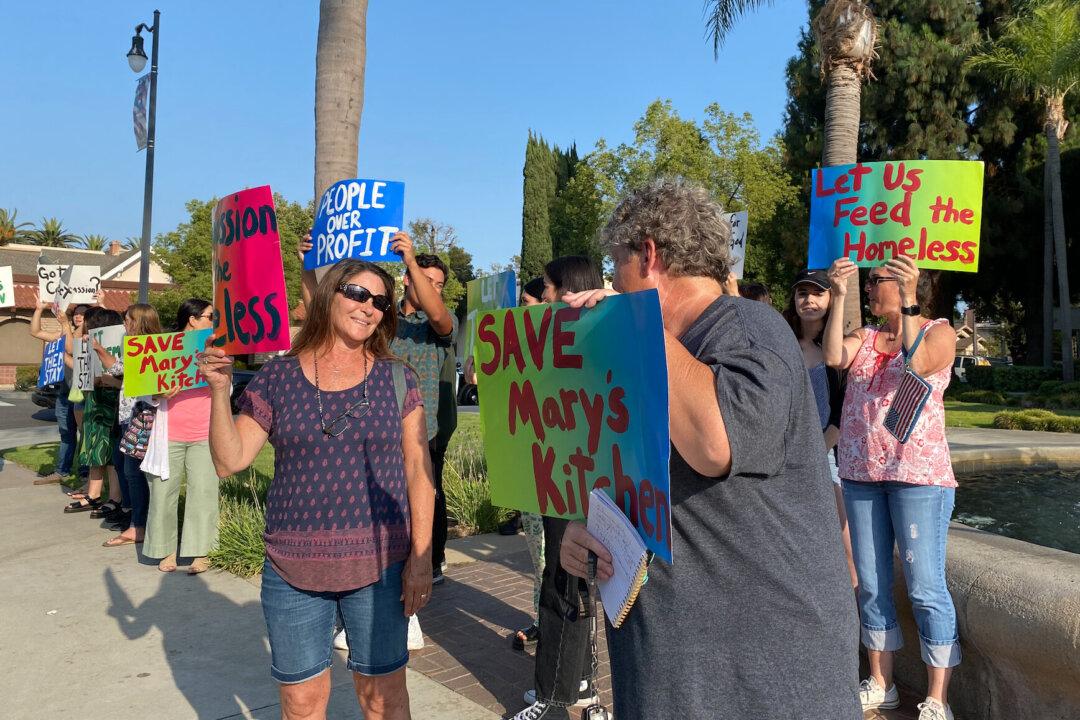Every Monday, Wednesday, and Friday, DeWayne Cox, 57, visits the DaVita Valley Dialysis clinic in Van Nuys, California, where he has excess minerals such as potassium and phosphorus filtered from his blood.
A needle draws his blood, cleanses it through a machine, and then transfers it back into his body. This process of dialysis, which takes four to five hours each time, has been part of Cox’s weekly routine for the past 10 years.





